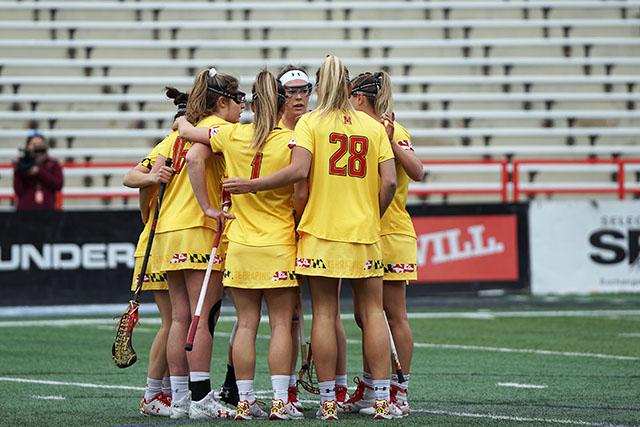Many athletes refer to their “team” as a “family.”
However, a team is more like a workforce…
A successful company comprises many roles, with each employee understanding their job description and what is specifically expected for each shift. When employees perform their roles to the best of their ability, the company runs like an efficient, effective, well-oiled machine.
The same is true of successful sports teams. Teams need to work together to win. When players are unclear about what is expected of them or try to perform outside their roles, the team becomes dysfunctional.
Imagine a basketball game in which everyone wanted to be the lead scorer.
Players would hog the ball, overlook open players and make ill-advised shots to achieve their agenda.
The same is true for gymnastics. If a sports kids’ best event is the floor routine, but the coach believes he would be most helpful to the team if he were on the beam, it’s important for him to be a team player.
A negative response to the coach could impact the whole team, causing friction and under performance
There are some crucial elements to team mentality. Young athletes should:
- Be accountable: Kids should take responsibility for their role and actions. Players should hold themselves and each other accountable for their thoughts, attitudes, actions and behavior during practice, competitions and away from the game.
- Embrace their role: Embracing a role requires understanding it, knowing what is expected, and how to meet those expectations.
- Take pride in their role: Peak team play occurs when each player performs their role to the utmost of their abilities and is proud of their efforts. When players want to match their personal statistics, lead the team in points or be the hero late in the game, teams tend to fall apart.
- Stay positive and encouraging: Even if sports kids are not actively playing, they can still be engaged and support their teammates. To be an asset to their team, kids should maintain a positive attitude and help teammates fulfill their roles on the team.
- Be ready and prepared: Athletes should always be mentally and physically prepared to perform, even if their playing time is limited.
This readiness shows kids’ commitment to team goals and can be crucial when their number is called in unexpected situations. Adopting a team mentality can make athletes valuable role players who significantly contribute to the team’s overall success.
Take, for instance, the following Olympic example. After Kawhi Leonard could no longer continue his Paris Olympic run with the U.S. men’s basketball team due to an injury, Team USA called upon guard Derrick White to fill the vacant spot.
Team Cohesion
White is now among the 12 chosen NBA players to represent the U.S. in the Olympic games. While White is not a prolific scorer, he is a strong defender, especially on the perimeter. He will serve as a role player and understands what is expected of him.
“I just want to go out there and do what I do, try to fill any holes we might have,” he said.
Being a good role player on an athletic team involves embracing specific responsibilities, supporting teammates, doing what is needed and contributing to the team’s success.
When players buy into a “team mentality,” teams are more capable of achieving their potential.
Young athletes should define their role for each competition. That role may change from game to game. If needed, sports kids should talk with their coaches about what is expected.
Related Youth Psychology Articles
- Helping Young Athletes Be Team Players
- Sports Parents Should Be “Team Players” Too
- Hall of Fame Lacrosse Player’s Teamwork Tips
Instill Confidence and Success in Young Athletes
We’re certain that, as a parents, you want to help your child develop confidence and discipline in sports and life. And as a sports parent, you’d love for your children to reach their potential in sports. But encouraging your child to strive for greatness without pressuring them can be a challenge.
It’s no secret that sports success is linked closely to an athlete’s mental toughness. If your young athletes struggle to perform well in competition, are frustrated with their performance, talk about quitting or display low confidence levels, mental game training can help. Both you and your young athlete can learn how to build mental toughness and improve performance with sports psychology coaching for kids.


